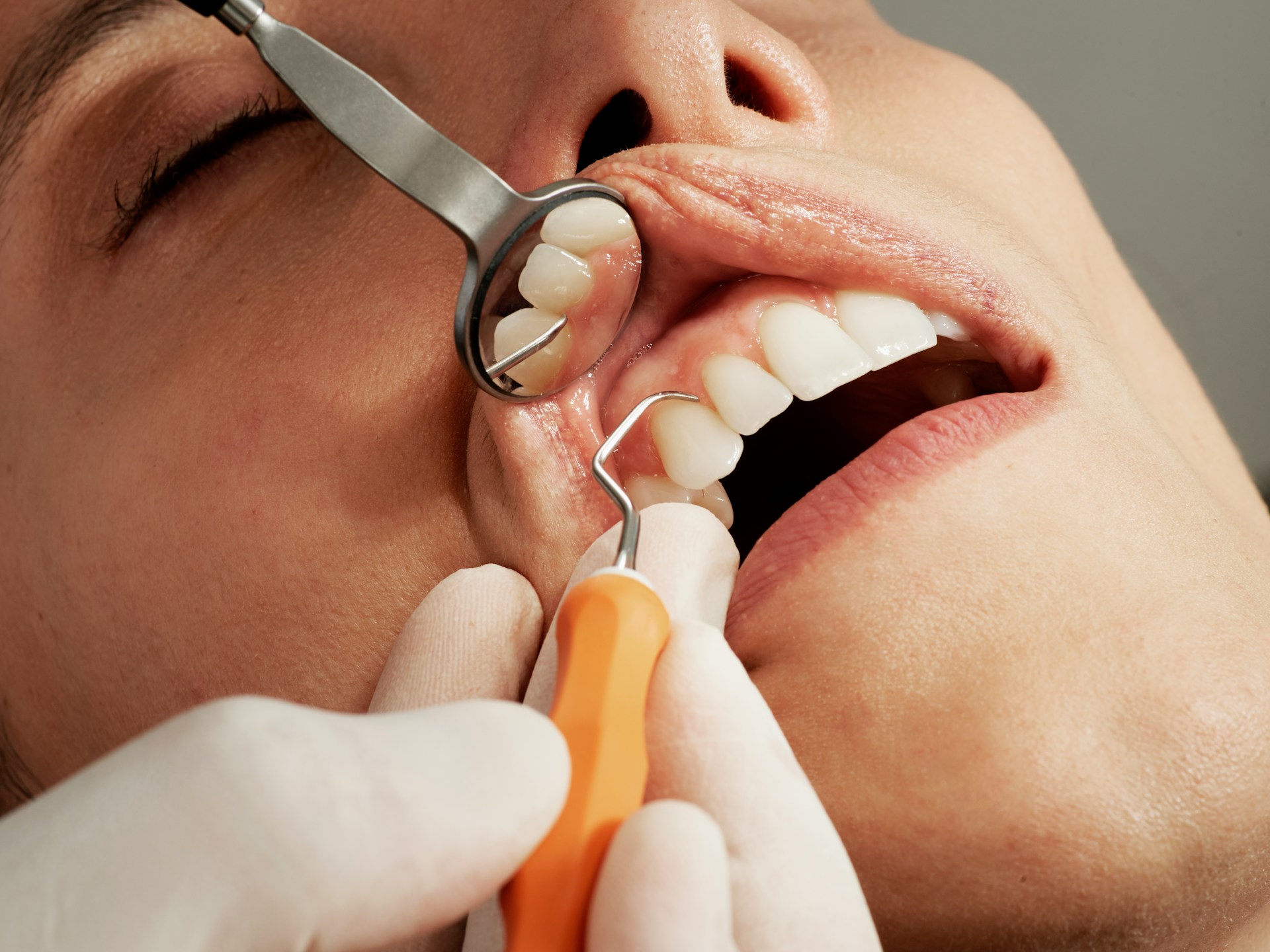The world of oral care is rapidly evolving. Driven by advancements in technology and a growing understanding of dental health, these innovations are transforming both patient experiences and dental practices. For dental professionals, staying abreast of these changes is crucial for providing top-notch care. For patients, understanding these advancements can enhance their dental health and overall well-being.
Contents
Technological Advancements in Dental Equipment
One of the most significant areas of innovation in oral care is dental equipment. Modern tools and machines are not only more efficient but also more comfortable for patients. Here are some of the latest advancements:
- 3D Printing: This technology is revolutionizing the creation of dental prosthetics, including crowns, bridges, and dentures. 3D printing allows for precise, custom fittings, reducing the time and cost associated with traditional methods.
- Laser Dentistry: Lasers are now used for a variety of dental procedures, from cavity removal to gum surgery. They offer precision and reduce discomfort, bleeding, and recovery time for patients.
- Intraoral Cameras: These small, high-resolution cameras provide detailed images of the patient’s mouth, allowing for better diagnosis and treatment planning. They also help in educating patients about their dental conditions.
Innovative Dental Procedures and Treatments
Innovation isn’t limited to equipment; new procedures and treatments are also emerging, offering improved outcomes for patients.
- Regenerative Dentistry: This field focuses on using stem cells to regenerate damaged or lost dental tissues, potentially eliminating the need for traditional fillings and implants.
- Guided Implant Surgery: Using advanced imaging techniques, dentists like those in West Richland, WA, can plan and execute dental implant surgeries with greater accuracy, improving success rates and reducing recovery times.
- Minimally Invasive Dentistry: Techniques such as air abrasion and dental lasers are making it possible to treat decay and other issues with less drilling and discomfort.
The Role of Digital Health and Tele-dentistry
Digital health technologies are making oral care more accessible than ever before. Tele-dentistry, in particular, has seen significant growth.
- Virtual Consultations: Patients can now consult with their dentists remotely, saving time and making it easier to get expert advice without needing to visit the clinic.
- Remote Monitoring: Wearable devices and mobile apps allow patients to track their oral health metrics in real time and share this data with their dentists for continuous monitoring.
- Digital Records: Electronic health records streamline the sharing of patient information between specialists, ensuring comprehensive and coordinated care.
Advances in Oral Care Products
The market for oral care products has seen remarkable advancements, bringing innovative solutions to consumers’ daily routines. These products are designed not only to improve dental hygiene but also to enhance the overall experience of maintaining oral health.
- Smart Toothbrushes: Equipped with sensors and connected to mobile apps, smart toothbrushes can track brushing habits, provide feedback, and offer customized brushing plans to improve oral hygiene.
- Whitening Solutions: New advancements in teeth whitening, such as LED whitening kits and peroxide-free formulas, offer safer and more effective options for achieving a brighter smile without harming the enamel.
- Probiotic Oral Care: Probiotic mouthwashes and toothpaste are being developed to maintain a healthy balance of oral microbiota, helping to prevent bad breath, cavities, and gum disease more naturally.
- Natural and Eco-friendly Products: There is a growing trend towards using natural ingredients and sustainable materials. Biodegradable toothbrushes, zero-waste toothpaste tablets, and organic ingredients are becoming popular choices for environmentally conscious consumers.
These innovations in oral care products make maintaining dental health more effective, personalized, and eco-friendly, catering to a wide range of consumer needs and preferences.
Future Trends and Predictions
Looking ahead, several trends are poised to shape the future of oral care:
- AI and Machine Learning: These technologies will enhance diagnostic accuracy and personalize treatment plans based on individual patient data.
- Smart Toothbrushes: Connected toothbrushes that provide real-time feedback on brushing habits are becoming more sophisticated, encouraging better oral hygiene.
- Bioprinting: Advances in bioprinting may soon allow for the reproduction of complex dental tissues and even whole teeth.
Conclusion
Innovation in oral care is not just about adopting new technologies but also about improving patient outcomes and experiences. Dental professionals must stay informed about the latest advancements to offer the best care possible. Patients, too, can benefit from understanding these developments and making informed choices about their dental health.





